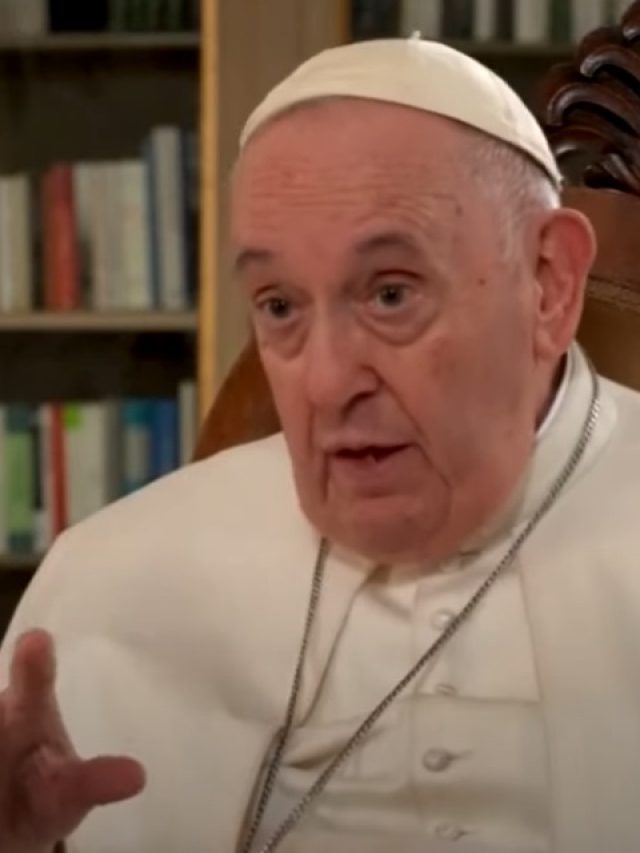Pope Francis, the 266th Pope of the Roman Catholic Church, has become a symbol of hope and change for millions around the world. Since his election in 2013, he has been recognized for his humility, compassion, and dedication to social justice. His leadership style stands out as he reaches beyond traditional boundaries, emphasizing inclusivity and dialogue with people from all walks of life.
As the first pope from the Americas and the first Jesuit to hold the papal office, Pope Francis brings a unique perspective shaped by his experiences in Argentina and his deep-rooted commitment to serving the marginalized. His tenure has been marked by revolutionary reforms within the Vatican and a renewed focus on environmental stewardship, interfaith relations, and economic equality. This article explores some pivotal moments and defining characteristics of his papacy.
A Visionary Leader Emerges
When Jorge Mario Bergoglio was elected as Pope Francis in March 2013, it marked the beginning of an era characterized by profound transformation within the Catholic Church. As the first pope from the Southern Hemisphere, his election signaled a shift in focus toward global issues affecting developing nations. From addressing poverty to advocating for climate action, Pope Francis quickly established himself as a moral voice for the marginalized.
In his inaugural speech, delivered from the balcony of St. Peter’s Basilica, Pope Francis emphasized themes of peace, unity, and service. He called upon Catholics worldwide to embrace their faith through acts of kindness and solidarity, urging them to be protectors of both humanity and creation. This message resonated deeply with believers and non-believers alike, setting the tone for his papacy.
Pope Francis’ approachable demeanor and willingness to engage directly with ordinary people further endeared him to many. Whether greeting crowds during public audiences or visiting slums and refugee camps, he demonstrated a genuine concern for those often overlooked by society. These early actions laid the groundwork for a pontificate committed to reforming structures of power while uplifting voices of the disenfranchised.
Shaping the Papacy Through Jesuit Principles
As the first Jesuit pope, Pope Francis draws heavily from the spiritual traditions of the Society of Jesus, which emphasize discernment, education, and missionary work. His vision for the Church reflects these values, particularly in its emphasis on simplicity, intellectual rigor, and outreach to the peripheries—both geographical and existential.
One notable example of this influence is his oft-quoted metaphor comparing the Church to a “field hospital.” In this analogy, Pope Francis underscores the importance of tending to the wounds of the faithful rather than focusing solely on doctrine or ritual. By prioritizing pastoral care over rigid adherence to rules, he encourages priests and bishops to meet people where they are, offering mercy and understanding.
This mindset has informed numerous decisions throughout his papacy, including calls for greater transparency within the Vatican and increased collaboration among laypeople, women, and clergy. For instance, appointing Sr. Raffaella Petrini as the first female secretary general of the Vatican City State Governing Council exemplifies his commitment to empowering women in leadership roles traditionally dominated by men.
Recovery Amidst Challenges
During his recent hospitalization due to pneumonia, Pope Francis continued to demonstrate resilience and determination despite health challenges. On July 5, 2023, he made his first public appearance since being admitted to Gemelli Hospital over five weeks earlier. Standing briefly on the hospital balcony, he waved to supporters before departing in a car later that day.
Throughout his stay, the pontiff remained engaged with church affairs, delivering messages via audio recordings played in St. Peter's Square. In one such address, he thanked well-wishers for their prayers and expressed gratitude for the support received during his recovery period. Such gestures reinforced his reputation as a compassionate leader who values connection with his flock even under difficult circumstances.
The release of a photograph showing Pope Francis seated in a wheelchair inside a private chapel at the hospital provided additional reassurance about his condition. While recuperating, he maintained regular communication with Vatican officials and continued working on initiatives aimed at advancing justice and reconciliation across the globe.

